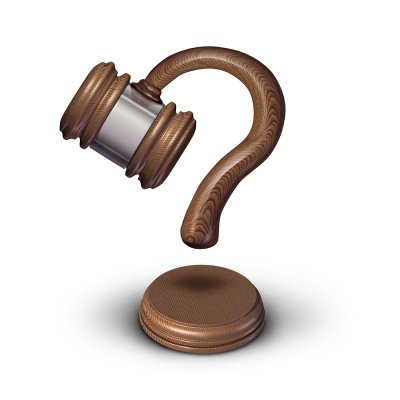Preparing Effective Deposition Questions

After you’ve hired a court reporter and scheduled a date for your legal deposition, it’s time to turn your attention to your questioning. Planning the right questions will help you get the information you need from witnesses to prepare your case or fight for a better settlement. Get everything you need in the court transcript of your legal deposition in San Jose with these strategies for question preparation.
Use Clear Language
Whether in court or in a conference room for a deposition, it is always advantageous to rely on using clear, concise language instead of a building complex, jargon-filled questions. Most attorneys frame their questions as such when they are in front of a jury but are less vigilant about doing so during a deposition. Keep the questions simple and concise in your deposition to get the best responses, not to mention the best transcripts. Clear language makes preparing an accurate transcript easier for your court reporter. As a general rule of thumb, prepare deposition questions as you would question for a jury trial.
Ask About the Basics
Don’t allow the basics of the case to simply be assumed. Ask the witnesses about the general information they are privy to about the case before you start questioning them about the specific details you want them to address. Not only does walking through the basics with each witness get a record of the facts that are acknowledged by both sides on the record, but it also opens a door through which a witness may inadvertently share new information.
Anticipate Answers
Test your questions out on yourself to determine how strong they are. If you hadn’t prepared them, would you understand what is being asked? If you were a witness, how would you try to avoid answering the questions? If you are trying to pin a witness down to an answer you already know, write down what you expect to hear, as well as how you will respond if you get a different answer. Prepare for pushback on questions so you aren’t caught off-guard if the questioning gets derailed.